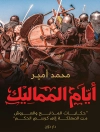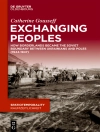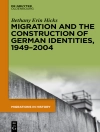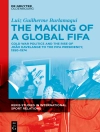The relationship between politics and law in the early People’s
Republic of China was highly contentious. Periods of intentionally
excessive campaign justice intersected with attempts to carve out
professional standards of adjudication and to offer retroactive justice
for those deemed to have been unjustly persecuted. How were victims and
perpetrators defined and dealt with during different stages of the
Maoist era and beyond? How was law practiced, understood, and contested
in local contexts? This volume adopts a case study approach to shed
light on these complex questions. By way of a close reading of original
case files from the grassroots level, the contributors detail
procedures and question long-held assumptions, not least about the
Cultural Revolution as a period of “lawlessness.”
विषयसूची
लेखक के बारे में
Daniel Leese, Albert-Ludwigs-Universität Freiburg.
Puck Engman, Albert-Ludwigs-Universität Freiburg.












